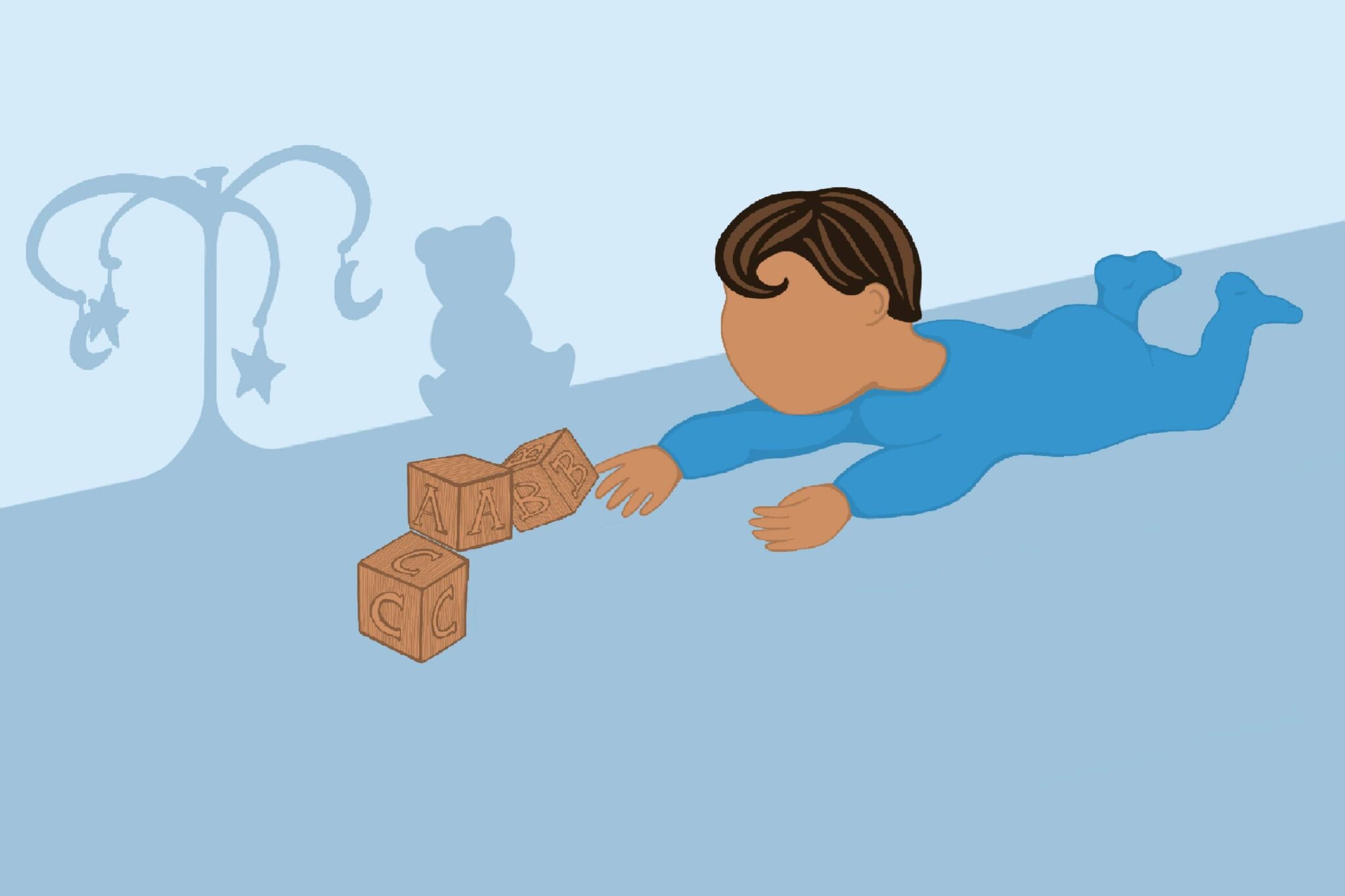Baby Development: Your Five Month Old


Baby Development : At five months, your baby is gaining greater control over his or her muscles, which can translate into some exciting milestones, including sitting up with a little or sometimes even no assistance. Other changes might include:
Raking objects closer to his or her mouth
Transferring objects from one hand to the other
Fully raising his or her head while lying on his or her stomach and propping up on elbows
Reaching for objects with one hand instead of two
Safety tips for feeding
With your little one’s newfound dexterity, your baby development might even be able to hold a bottle without help — but like with so many other milestones, it’s nothing to worry about if your baby isn’t holding a bottle yet. Some babies aren’t holding their own bottles until 10 months of age.
If your baby is able to hold a bottle without help, it’s important to practice some careful safety tips. First, you should only let your baby hold the bottle if he or she can both hold the bottle in place and take the bottle out of his or her mouth when they are full.
Avoid the tendency to prop the bottle in your baby’s mouth to make it easier to hold. While it might be convenient, it can lead to overeating, infant gas, and in the worst-case scenario, choking. Babies who can genuinely bottle-feed themselves can both bring the bottle to and away from their mouths independently.
Remember, never allow your baby to fall asleep with a bottle in his or her mouth. This can cause tooth decay (even if your baby doesn’t have any visible teeth yet!) and increases their risk for ear infections. In addition, allowing a baby to fall asleep with a bottle sets them up for a bad habit that can be very difficult to undo.
Separation anxiety
Even as your baby becomes more independent and curious, you might notice a new behavior emerging: separation anxiety. This occurs when your baby becomes very upset at your leaving the room or disappearing from view. If you look at it from your baby’s point of view, it’s perfectly natural.
After all, your baby has no idea if you’re coming back, and at this point in his or her life, the whole world centers on his or her caregivers. This will resolve over time, but in the meantime, tell your baby that you are going and that you will be back; don’t draw out the actual goodbye or show signs of distress yourself. Your baby will cue into your emotional state.
In addition to separation anxiety, you might also begin to notice the closely related stranger anxiety. While it’s easy to feel embarrassed when your baby cries while being held by a well-meaning friend or family member, remember that it’s all a part of your baby learning more about how to socialize and to be around new people. Up until now, your baby has spent the majority of his or her life bonding with you and your partner.
It’s natural for them to feel insecure if an unfamiliar person picks them up. Once again, your baby will look to you as a guide on how to react to some degree, and you can help ease stranger anxiety by maintaining close contact with your baby while he or she is being held. Some babies will refuse to be held by others.
Don’t force them unless it is necessary. Stay close and allow the baby development to explore the new person from the safety of your familiar arms. They will go to them when ready.
If you have concerns about extreme stranger or separation anxiety, make a note to ask your doctor at the next visit in a few weeks!
Find tips for handling stranger anxiety in our Q&A with Bundoo Behavioral Health Specialist, Raquel Anderson.
Powered by Bundoo®
___
Nabta is reshaping women’s healthcare. We support women with their personal health journeys, from everyday wellbeing to the uniquely female experiences of fertility, pregnancy, and menopause. You can track your menstrual cycle and get personalised support by using the Nabta app.
Get in touch if you have any questions about this article or any aspect of women’s health. We’re here for you.













































